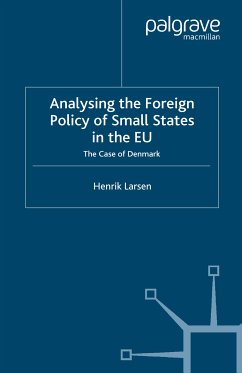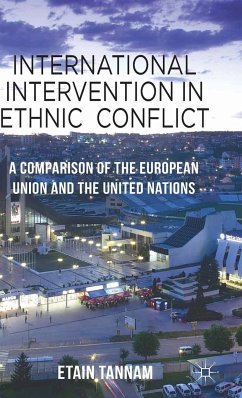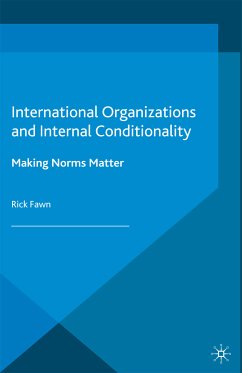
Friendship and International Relations (eBook, PDF)
Versandkostenfrei!
Sofort per Download lieferbar
40,95 €
inkl. MwSt.
Weitere Ausgaben:

PAYBACK Punkte
20 °P sammeln!
International friendship is a distinct type of interstate relationship, and that as such, it can contribute to capture aspects of international politics that have long remained unattended. This book offers a framework for analyzing friendship in international politics by presenting a variety of conceptual approaches and empirical cases.
Dieser Download kann aus rechtlichen Gründen nur mit Rechnungsadresse in A, B, BG, CY, CZ, D, DK, EW, E, FIN, F, GR, HR, H, IRL, I, LT, L, LR, M, NL, PL, P, R, S, SLO, SK ausgeliefert werden.












